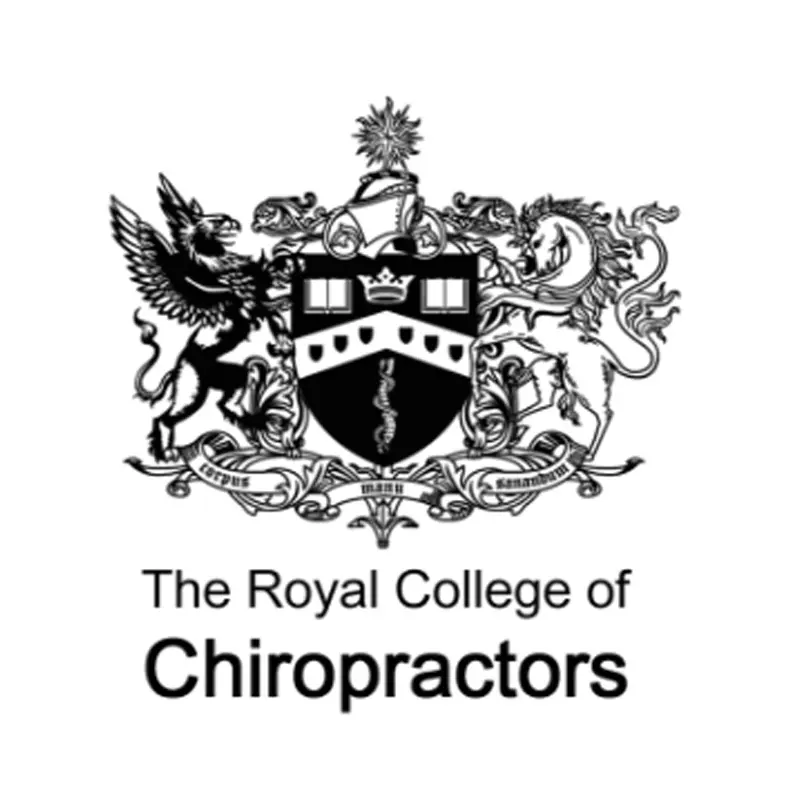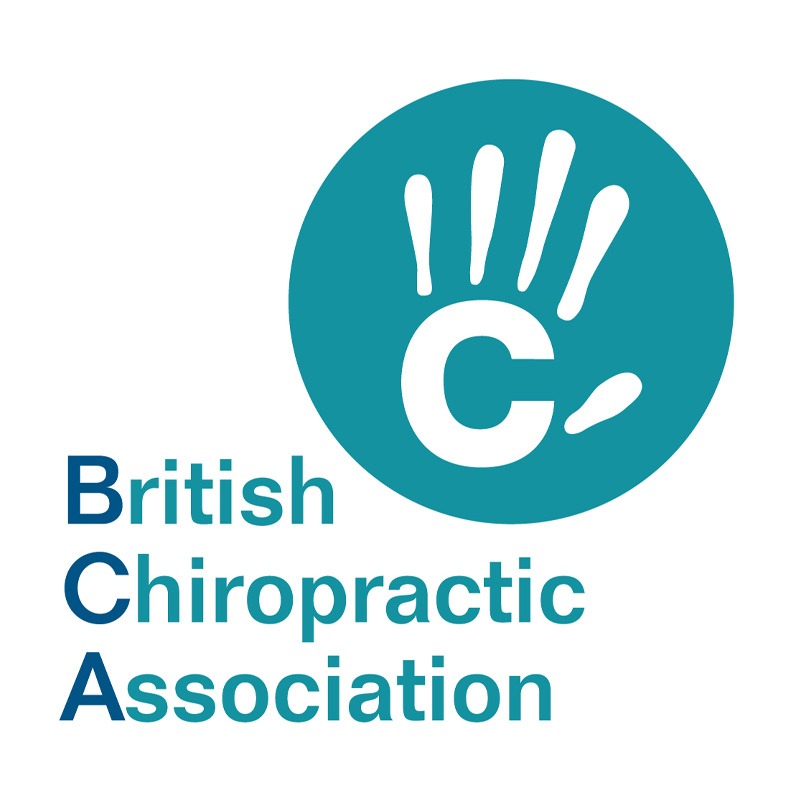Although the UK is not renowned for its long, sweltering summers, when we do get sunshine, we Brits make the most of the longer days and warmer temperatures. With more pleasant weather, comes an increase in activity during the summer. It is a great time to become more active – whether that is a chance to try a new activity with friends, boost your fitness, lose weight or just keep mobile.
With Wimbledon dominating the headlines during the start of summer, it comes as no surprise that tennis is one of the most popular sports taken up by people during these months. However, tennis can be tough on our joints, especially those who are not used to impact sports.
Ben Searle-Baker, Chiropractor at London Wellness explains that it isn’t just older patients who can suffer from joint discomfort or pain. He breaks down his top tips for good joint health – whether you are an exercise aficionado or not – to help you get the most out of your summer fitness:
- Chiropractic – whether you get a small niggling pain in your Achilles, ankle or joint and back pain, a Chiropractor can assess whether certain areas of your body have become under-or-over utilised i.e. you move with a dysfunctional motor pattern. This shows up as pain or discomfort in your body. During a spinal screening, a Chiropractor will be able to assess why certain joints are becoming painful and suggest treatment and specific lifestyle changes to get your body functioning in harmony, and your joints out of pain.
- Oily fish or Fish Oils (EPA)
Oily fish, such as salmon, mackerel, sardine and herring, contains the all-important Omega-3 fats, known as EPA (eicosapentaenoic acid) and DHA (docosahexaenoic acid). As well as being vital for our brain, heart, skin and eyes, these Omega-3 fats have anti-inflammatory properties, and research suggests possible pain-relieving activity too.[1][2] Eating oily fish 2-3 times a week, or taking good-quality fish oil (one which is high in EPA) daily, can prevent inflammation that causes sore joints after exercise; keeping them supple.[3]
- Vitamin C
Vitamin C is not just important for your immunity, it happens to be vital for our bodies to produce collagen. This in turn helps us to make cartilage – the flexible material that helps to cushion our joints. When cartilage wears away, such as osteoarthritis, joints become very painful.
Many people would head straight for sugar-laden orange juice to get their Vitamin C quota. It’s advised to eat a wide range of whole vegetables and fruit. It’s not solely citrus fruit that we can get our Vitamin C from. It may surprise you that kale, broccoli, red cabbage, blackcurrants and kiwis are some of the best sources. Aim for around 7 servings of fruit and vegetables a day – more vegetables than fruit is advised to keep your blood sugars stable. The antioxidants in these also have anti-inflammatory properties; assisting you in keeping pain at bay.
- Turmeric
This brightly coloured root is taking the health food industry by storm at the moment. Along with its cousin, ginger, turmeric contains curcumin and other curcuminiuds (the key compounds in turmeric which has numerous health benefits including anti-inflammatory, antiseptic and antioxidant components).[4][5] Taking it with black pepper helps your body to absorb the curcumin, thanks to the pepper’s key component, pipeline – so look out for this combination in juices, smoothies, turmeric teas or supplements.
- Glucosamine
You’ve probably heard of glucosamine, especially if you have looked into taking supplements. Glucosamine is the building-block for creating cartilage and improving the synovial fluid in the joints. Studies have found that taking a daily glucosamine supplement has helped ease knee pain, especially in those with a prior injury or with osteoarthritis in the knee.[6] Glucosamine has been found to be effective when taking doses of at least 1,500mg a day – it can take 3+ months for it to work fully. However, be patient and persistent. This is a valid addition to your joint toolkit.
- Arnica gel
Topical arnica – a natural remedy – can be a great addition to help with aching muscles or joints after sport or walks. It is traditionally used to help muscles and joint pain; reducing stiffness and helping with bruising and strains. There’s a reason why many sportspersons use it after a workout. Arnica can also help – one study on a group of people with arthritis in their hands, noted that it was more effective than taking Ibruprofen gel for reducing pain.
- Bone broth / collagen
Collagen is a vital building block for the cartilage; helping our joints. Taking collagen in supplement form may also support good joint health. A study found that taking collagen over 6 months reduced joint pain in a group of athletes. [7] Bone broth – now found on many High Street eateries, has now become a popular ‘health food’. Bones are immensely rich in nutrients, and well-made bone both (i.e. animal or fish bones that have been left to simmer for over 24 hours) is a natural, easy-to-absorb source of nutrients and vital minerals such as calcium and magnesium. The collagen in bone broth is provided primarily by the gelatin within the bones.
- Calder PC. n−3 Polyunsaturated fatty acids, inflammation, and inflammatory diseases. Am J Clin Nutr June 2006 vol. 83 no. 6 S1505-1519S
- Corder KE et al. Effects of Short-Term Docosahexaenoic Acid Supplementation on Markers of Inflammation after Eccentric Strength Exercise in Women. J Sports Sci Med. 2016 Feb 23;15(1):176-83.
- Goldberg RJ, Katz J. A meta-analysis of the analgesic effects of omega-3 polyunsaturated fatty acid supplementation for inflammatory joint pain. Pain. 2007 May;129(1-2):210-23.
- Aggarwal BB et al. Curcumin-free turmeric exhibits anti-inflammatory and anticancer activities: Identification of novel components of turmeric. Mol Nutr Food Res. 2013 Sep;57(9):1529-42.
- Henrotin Y, Priem F, Mobasheri A. Curcumin: a new paradigm and therapeutic opportunity for the treatment of osteoarthritis: curcumin for osteoarthritis management. Springerplus. 2013 Dec;2(1):56.
- Braham R et al. The effect of glucosamine supplementation on people experiencing regular knee pain. Br J Sports Med. 2003 Feb;37(1):45-9; discussion 49.
- Clark KL et al. 24-Week study on the use of collagen hydrolysate as a dietary supplement in athletes with activity-related joint pain. Curr Med Res Opin. 2008 May;24(5):1485-96.



